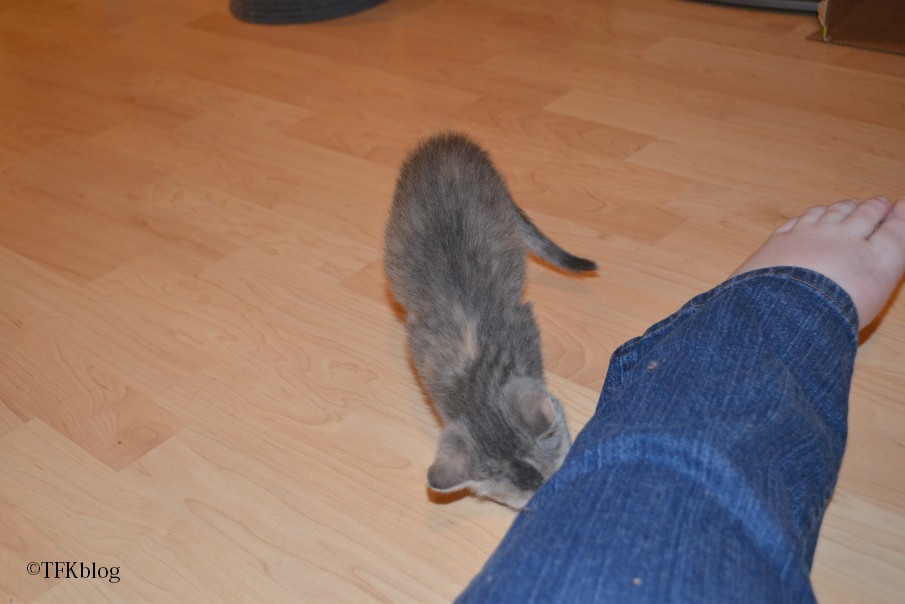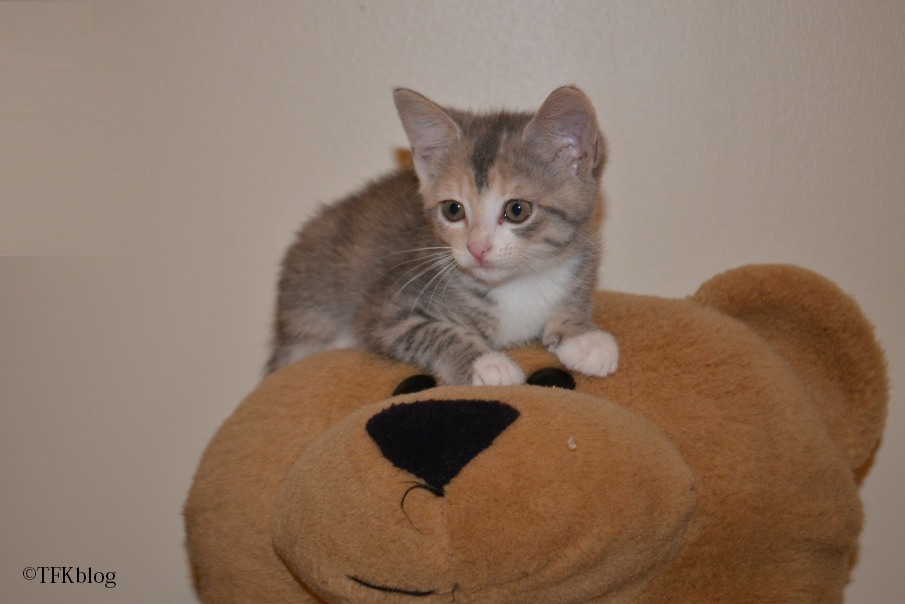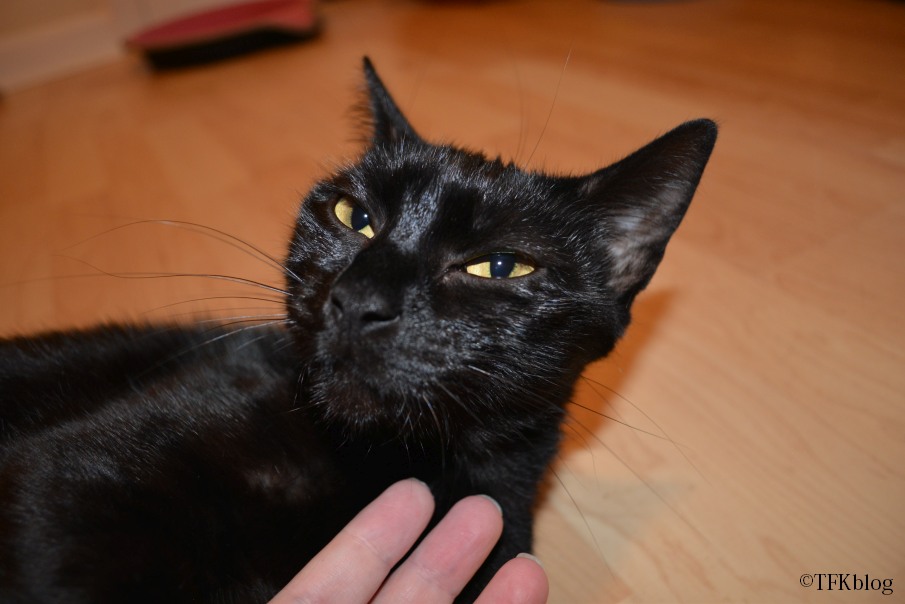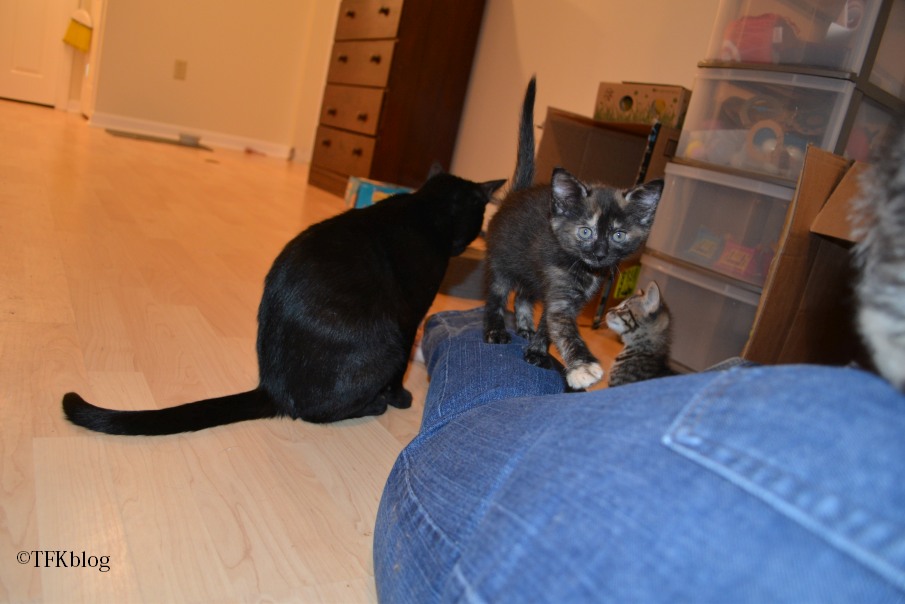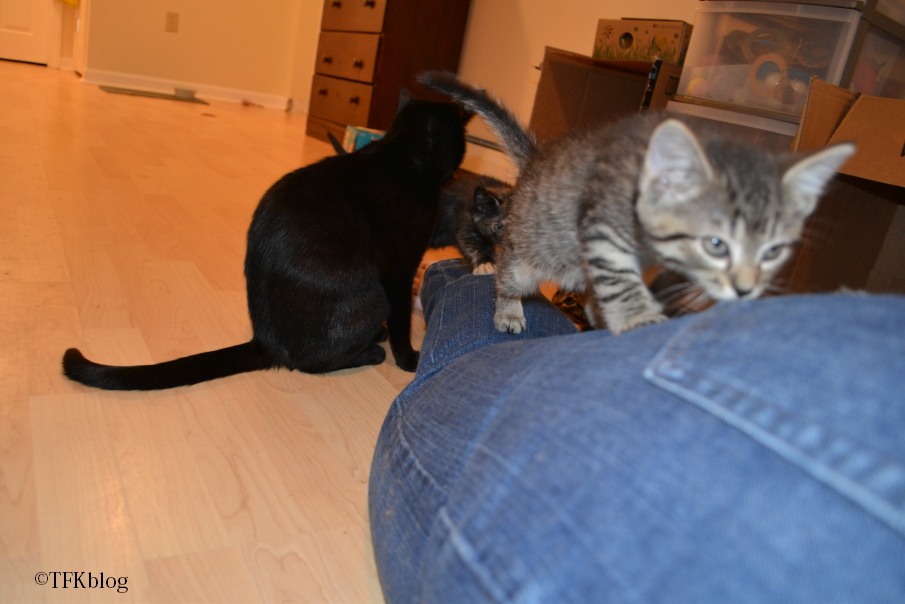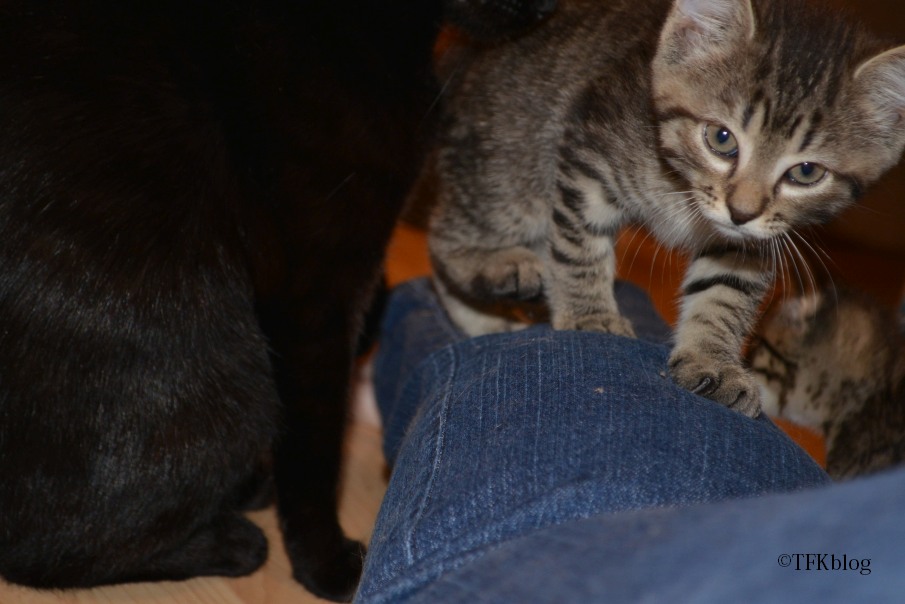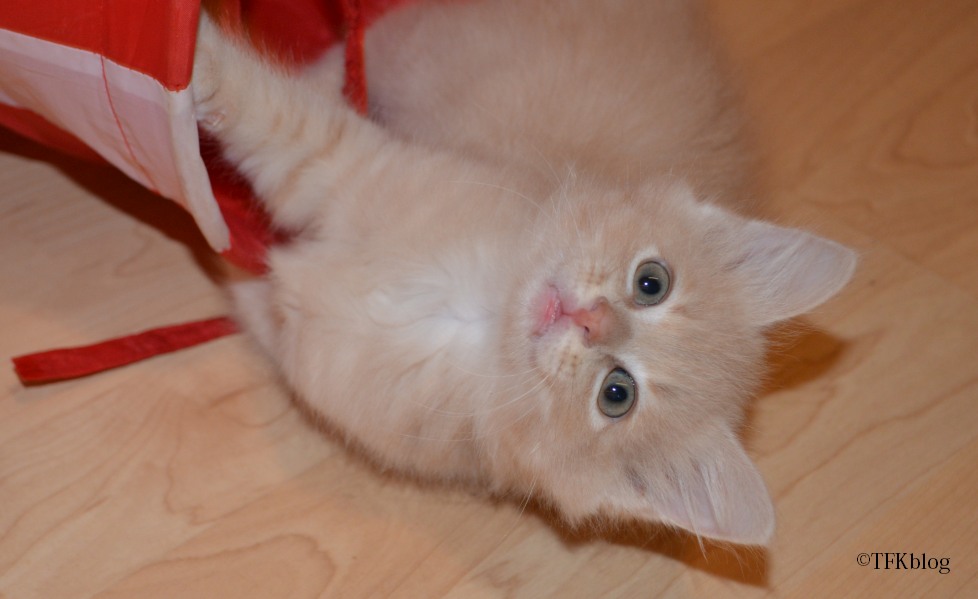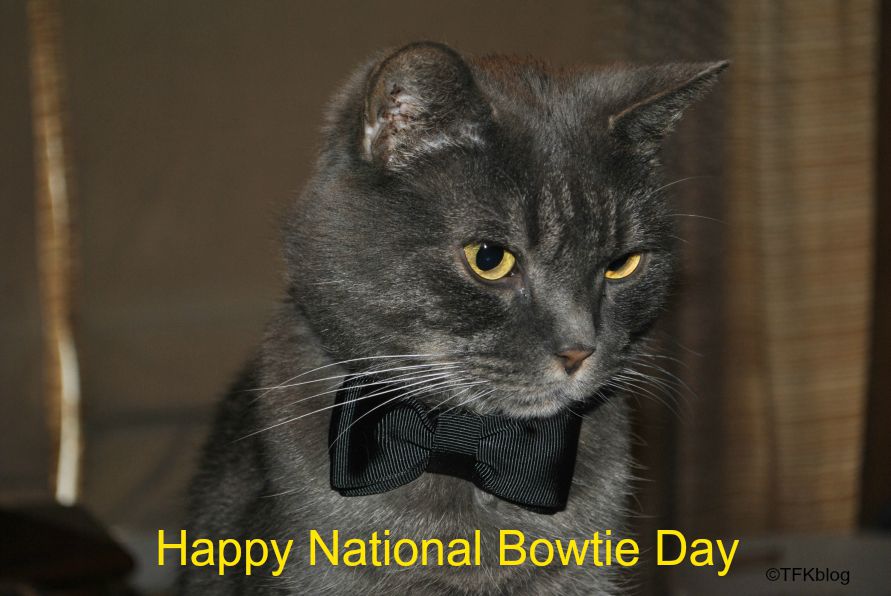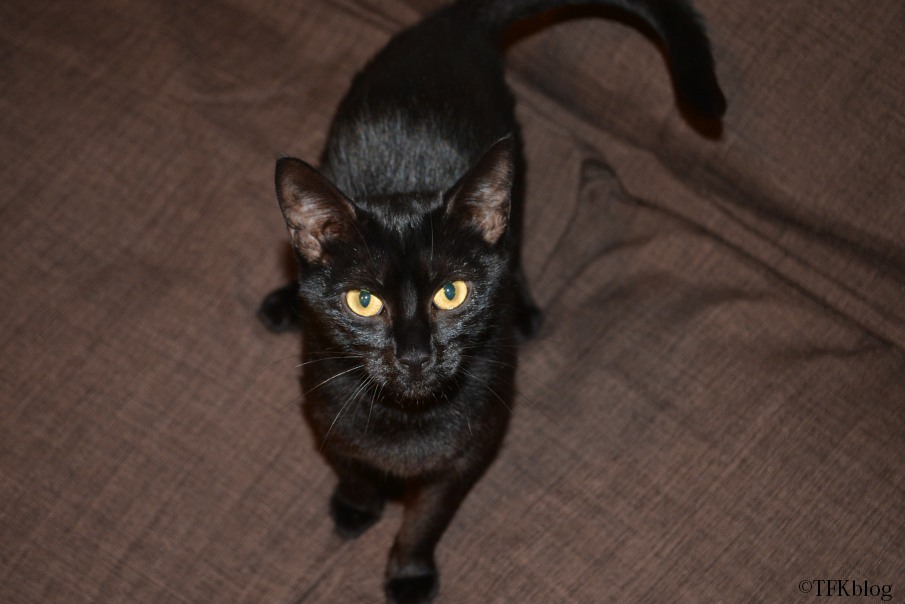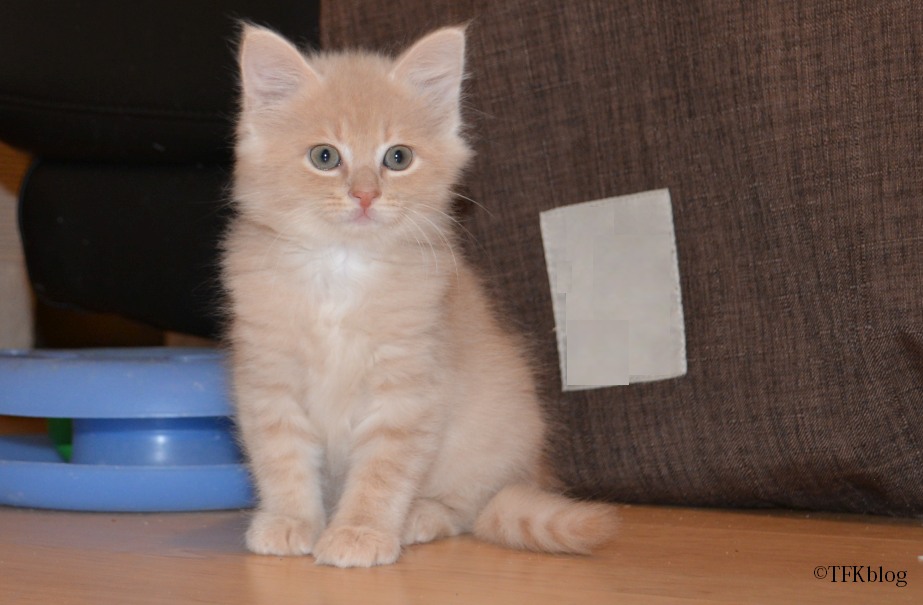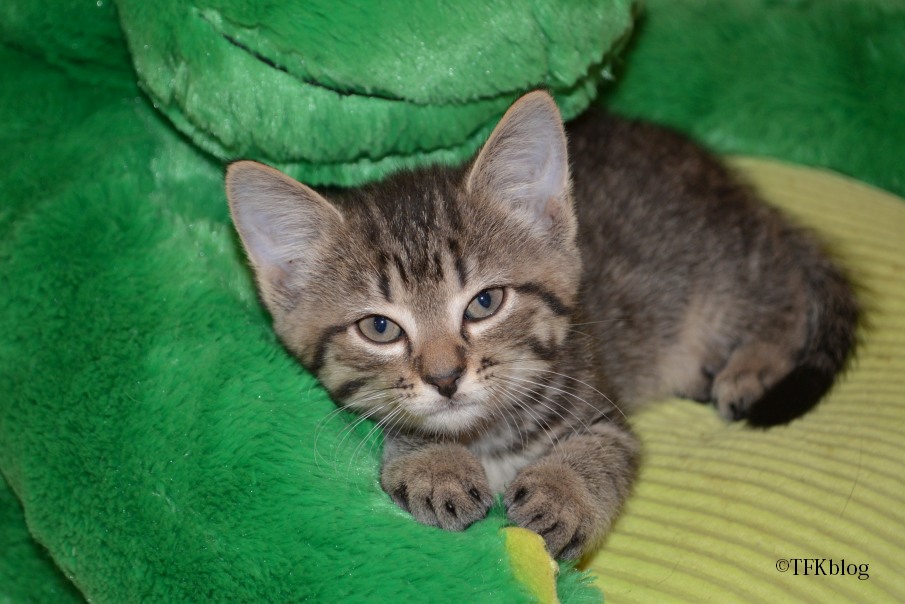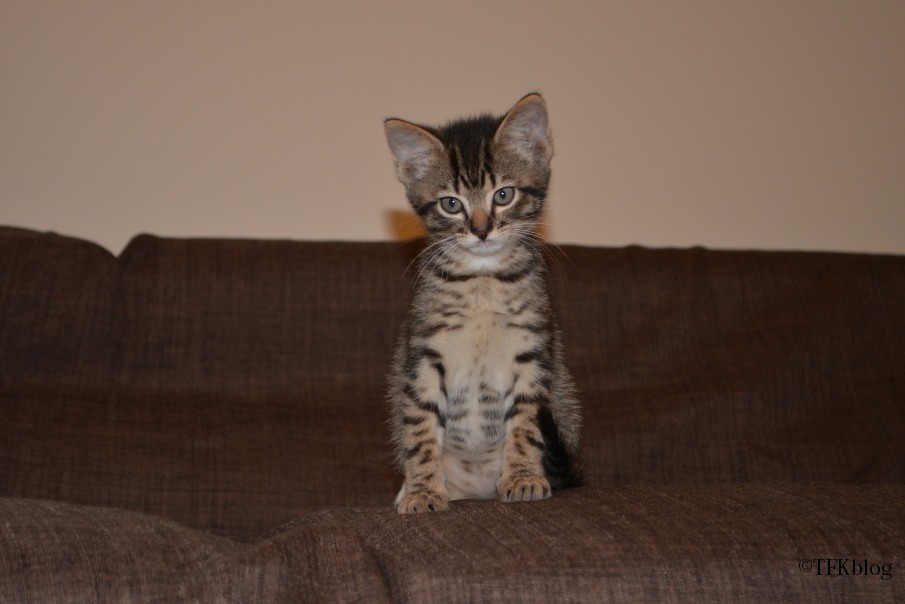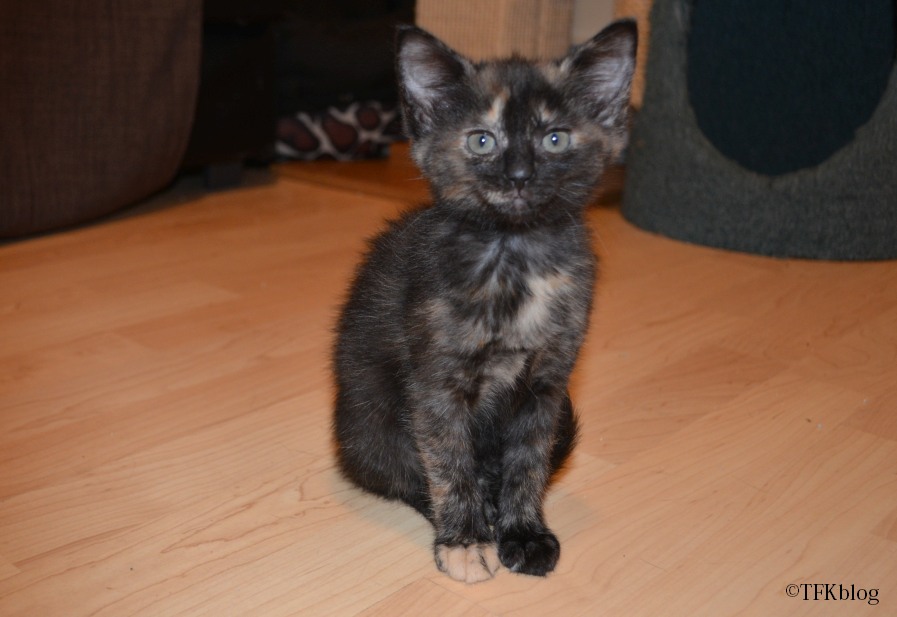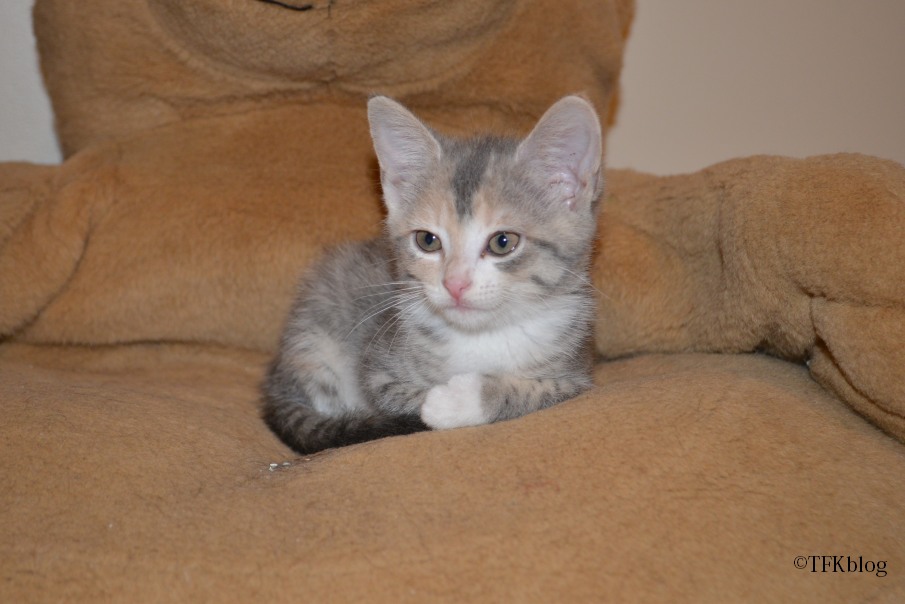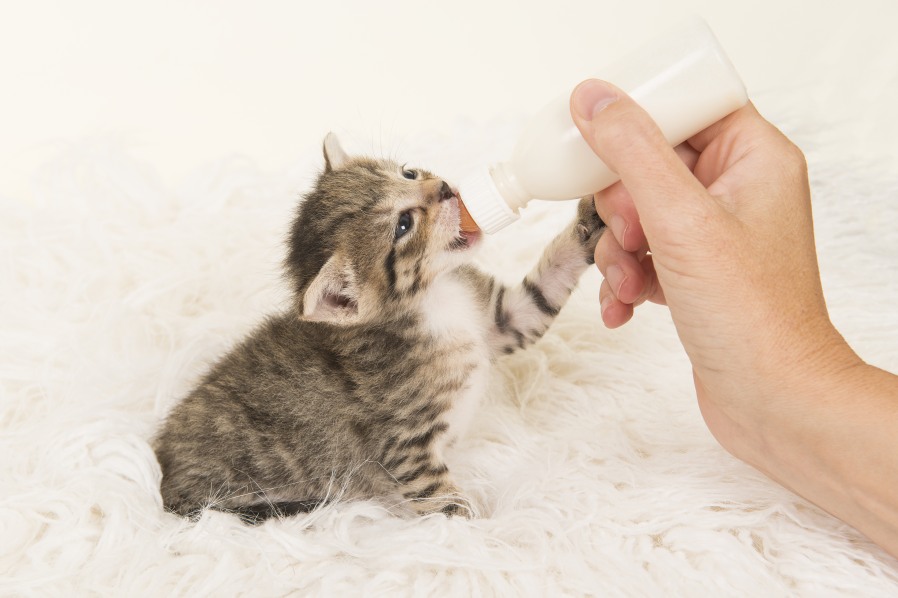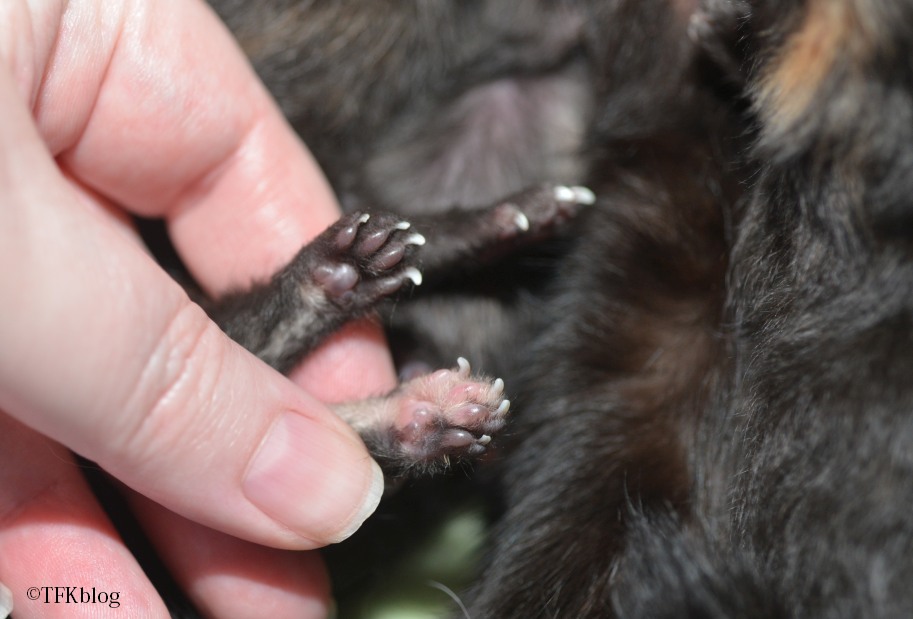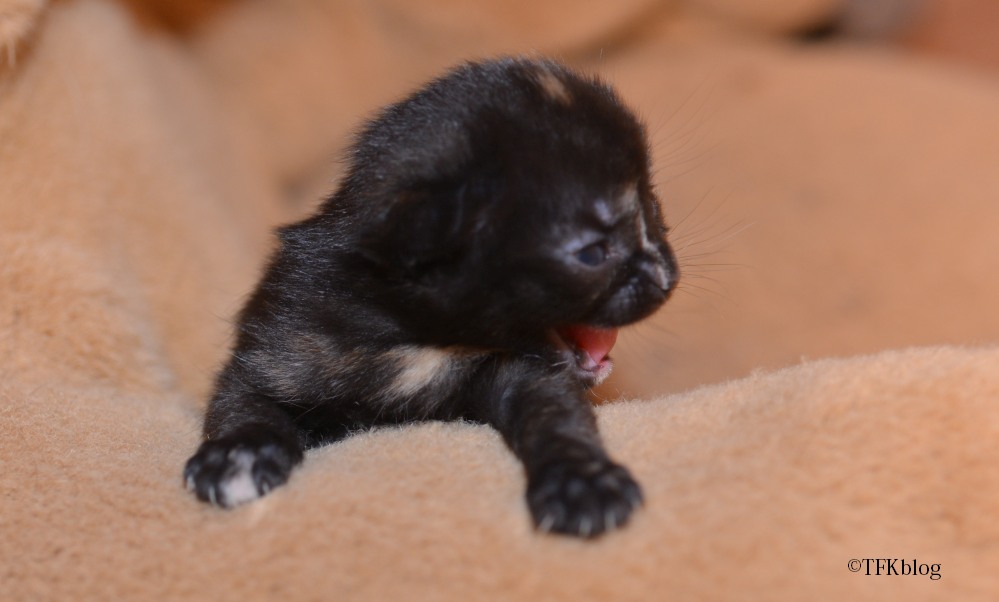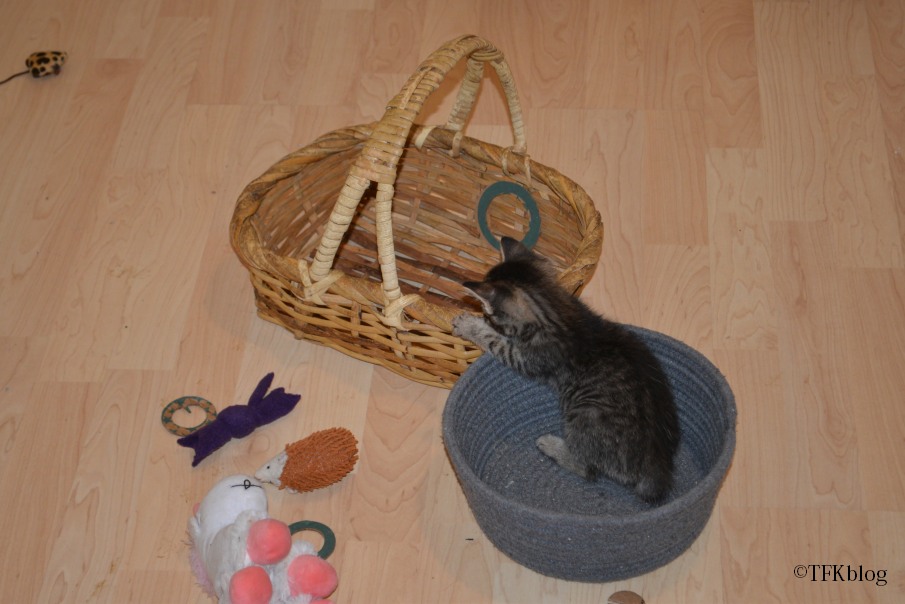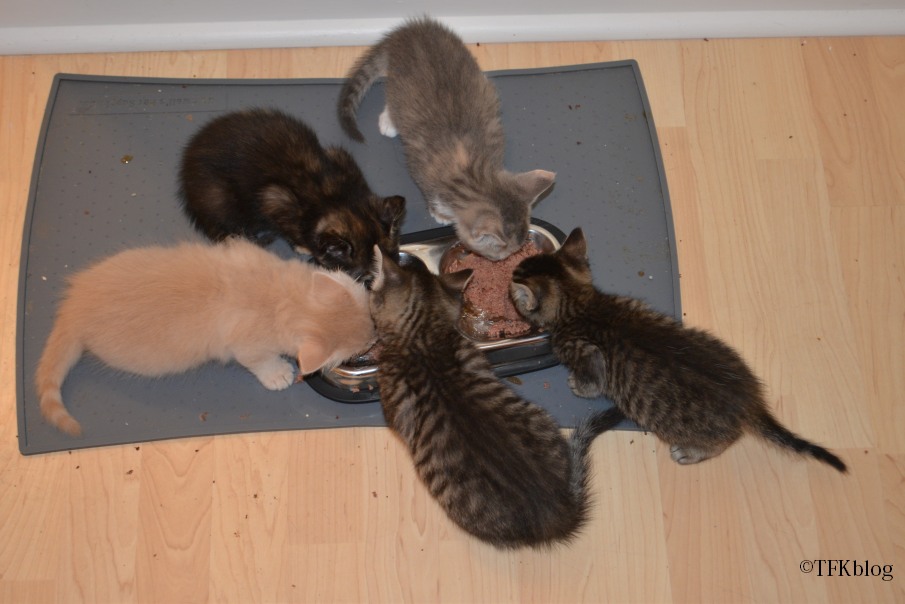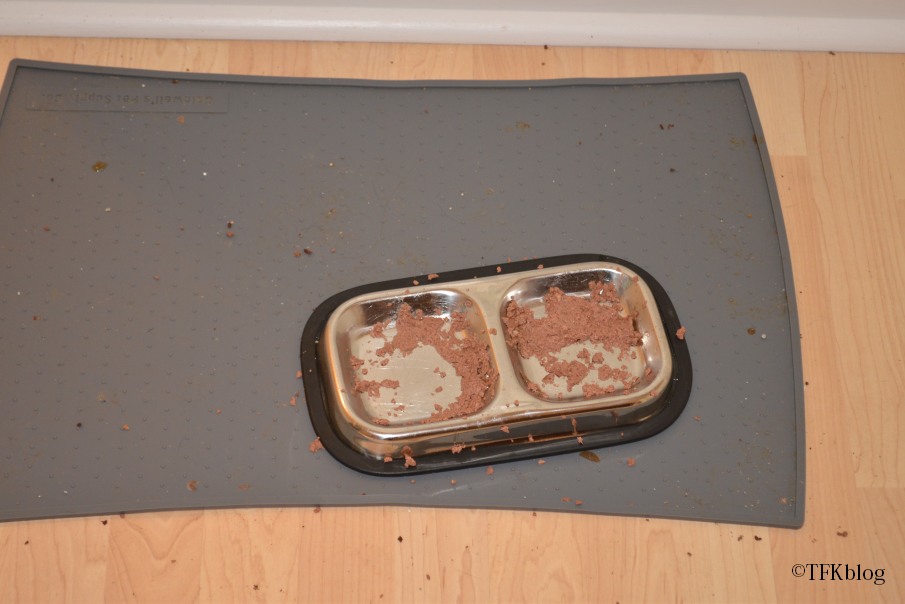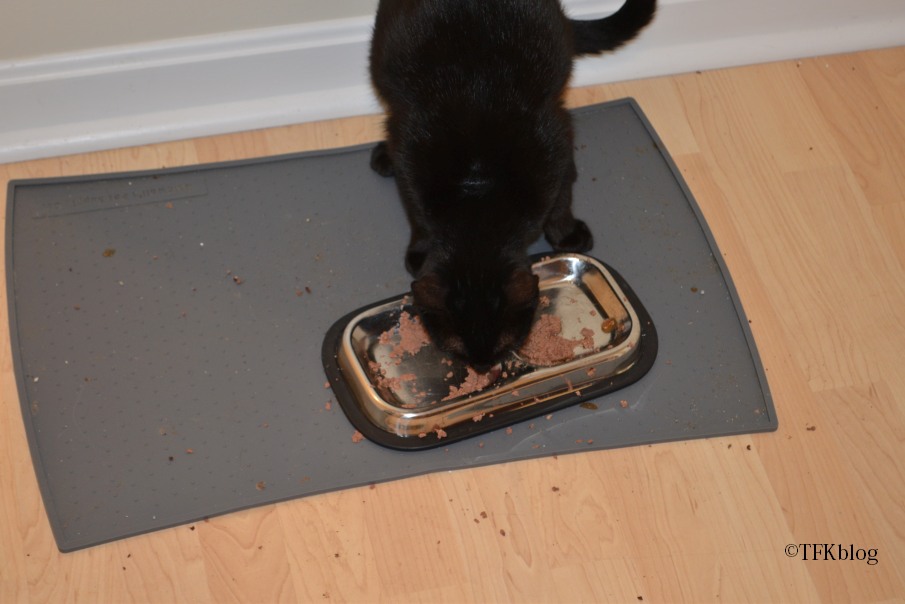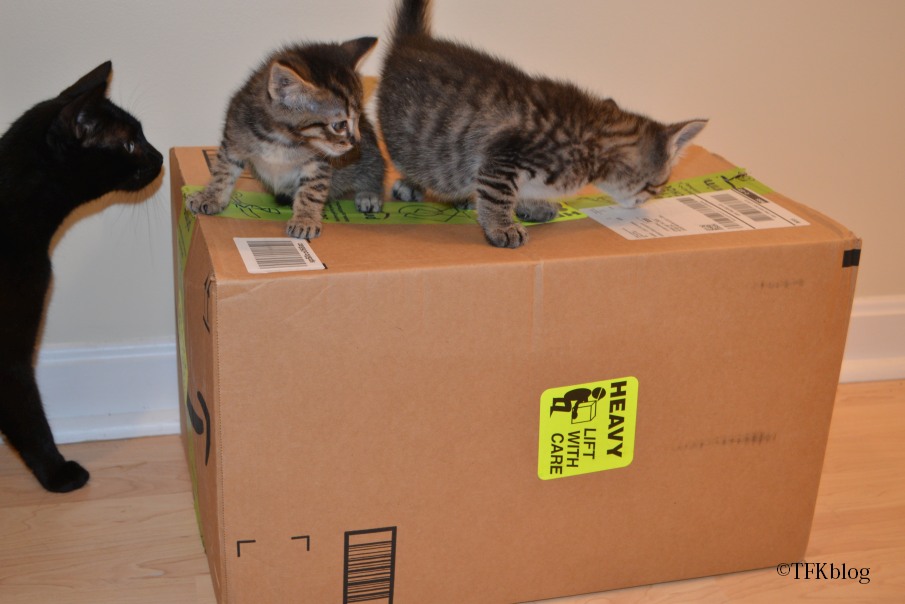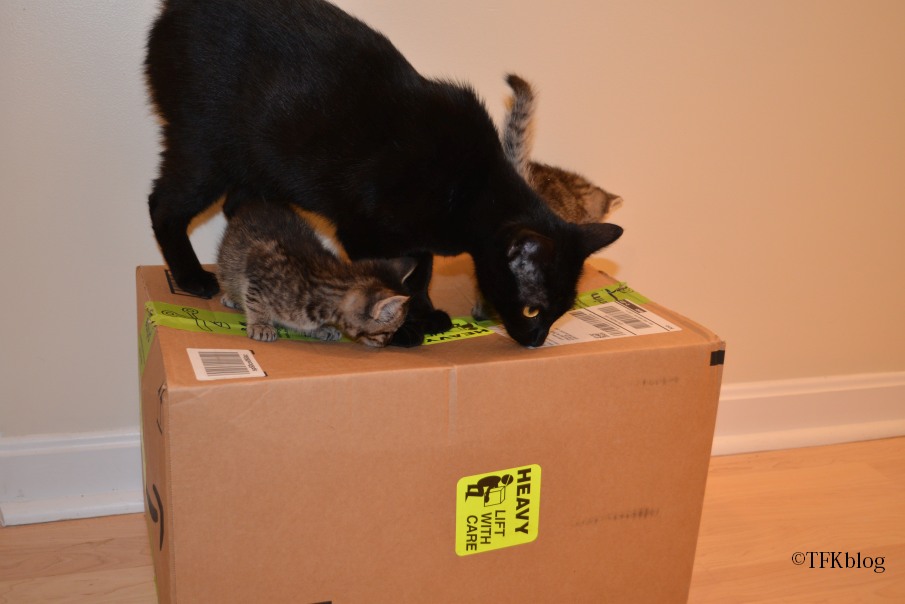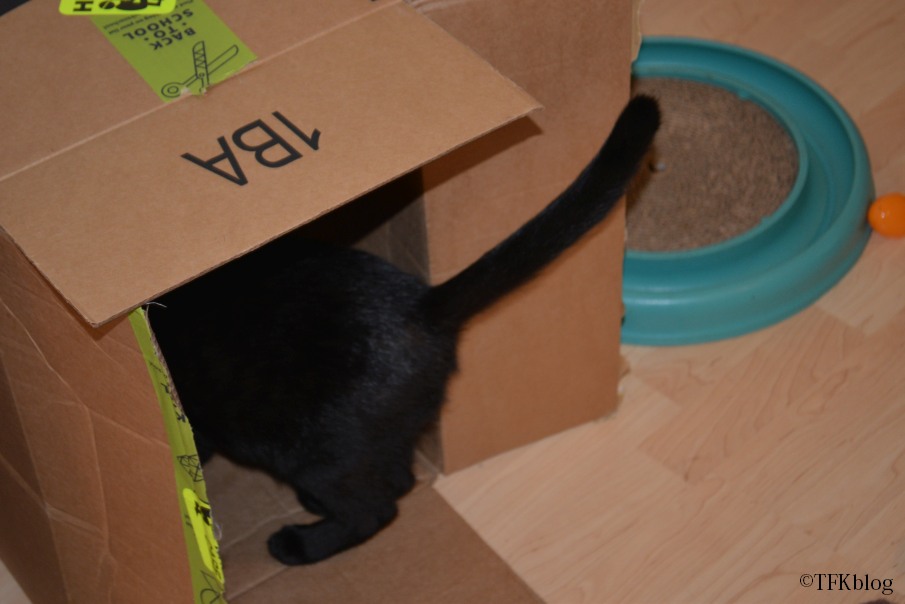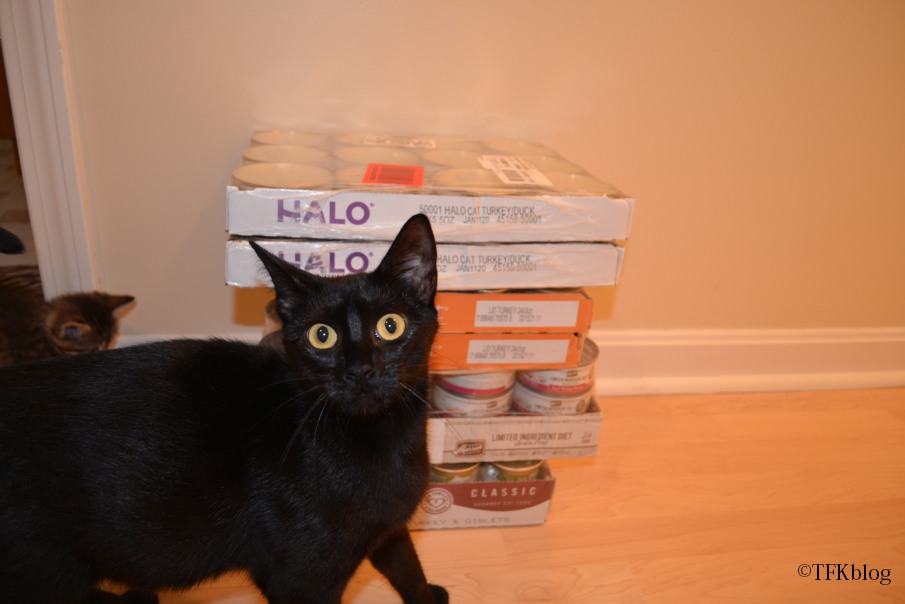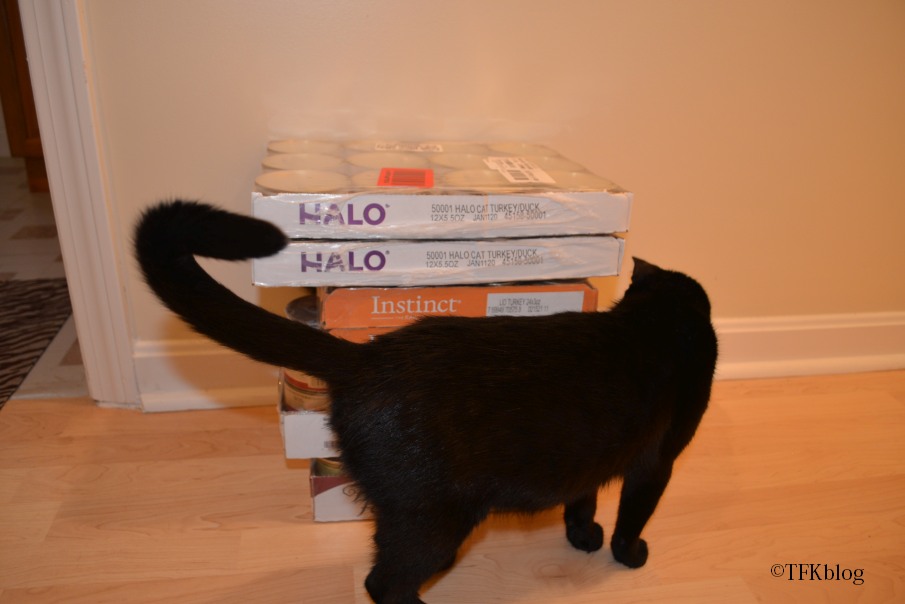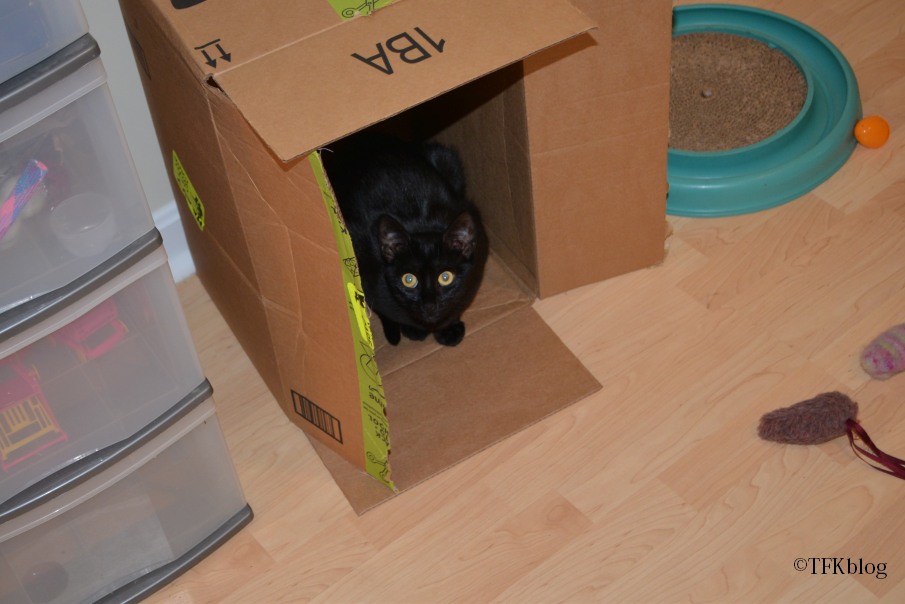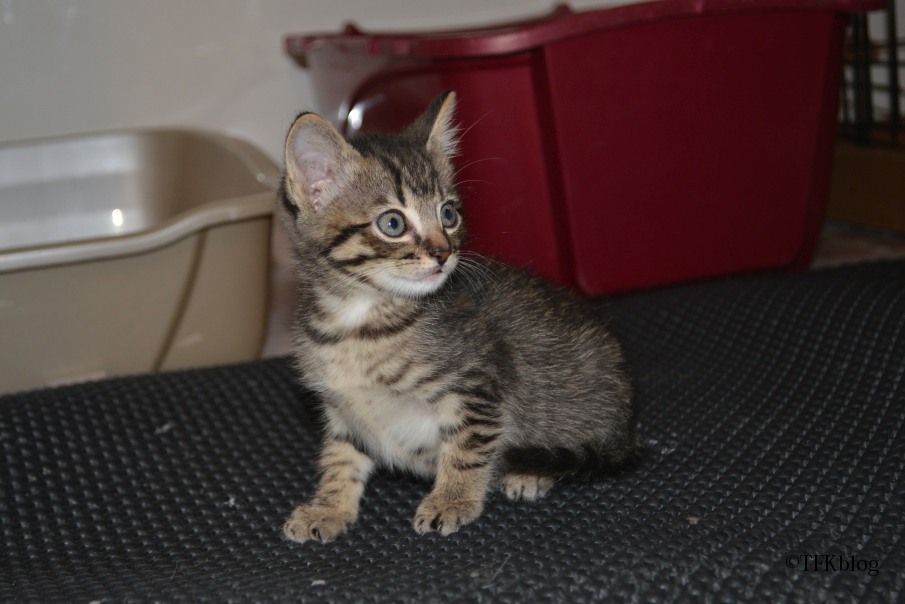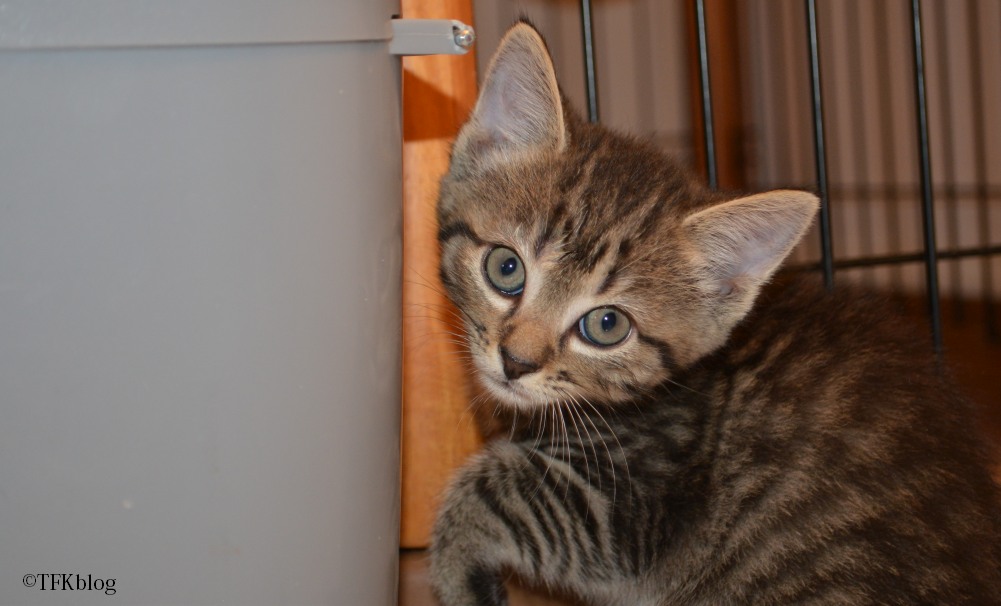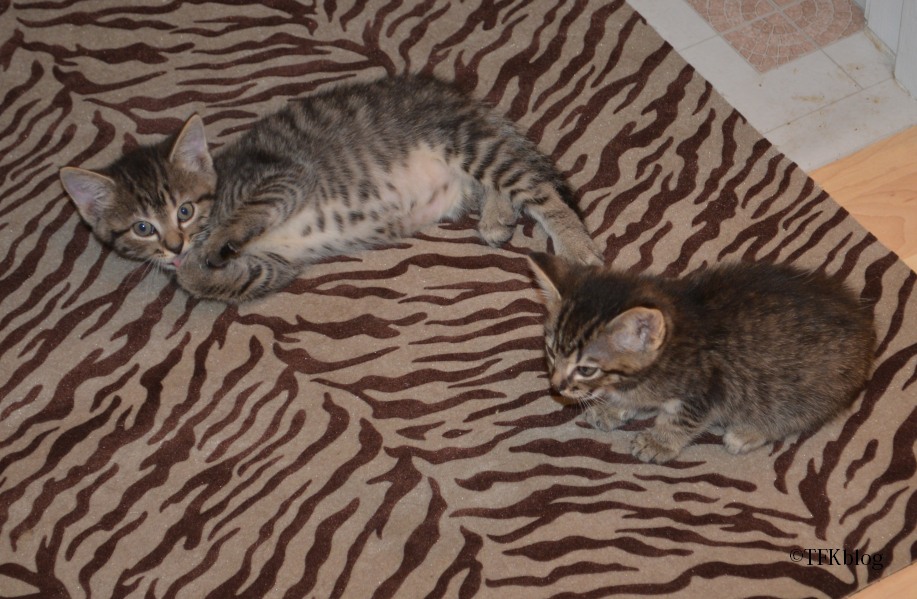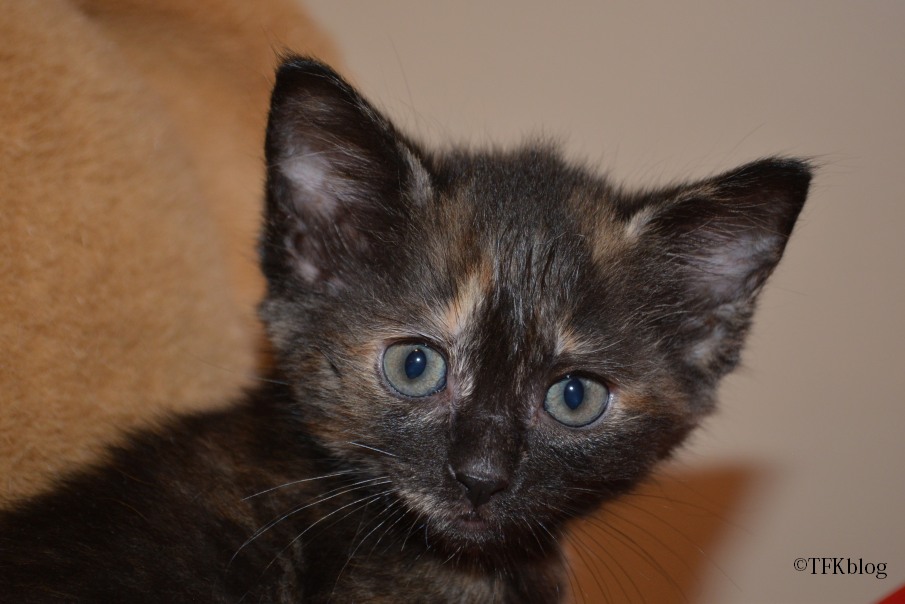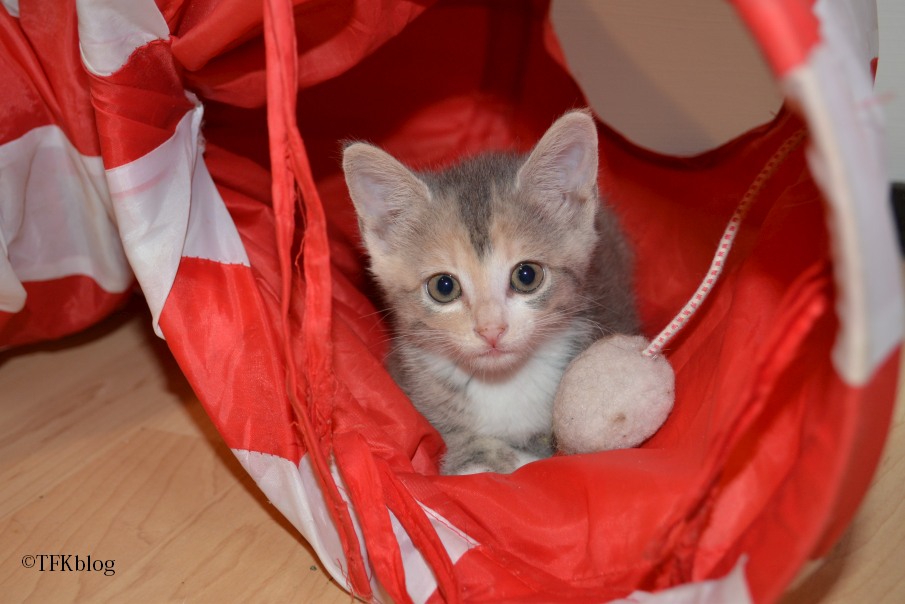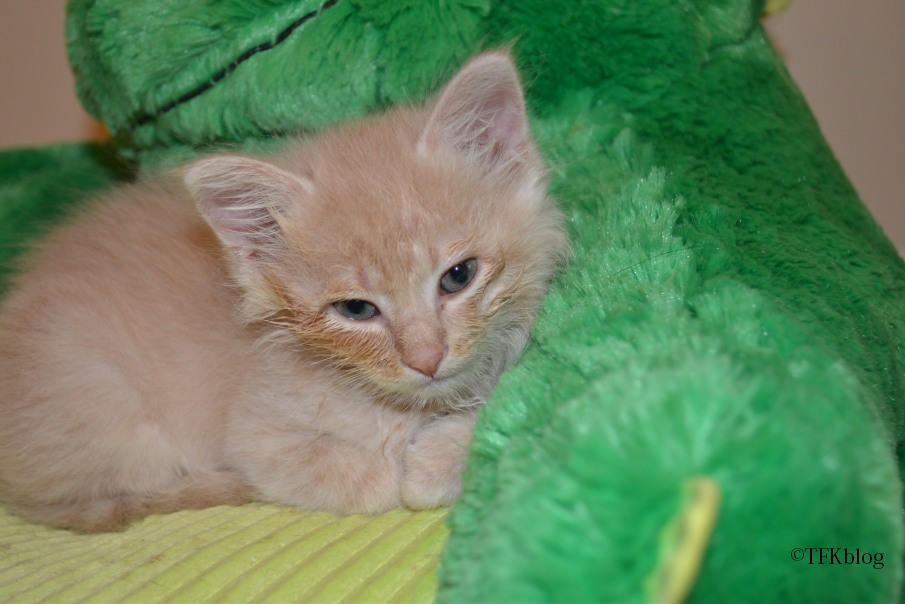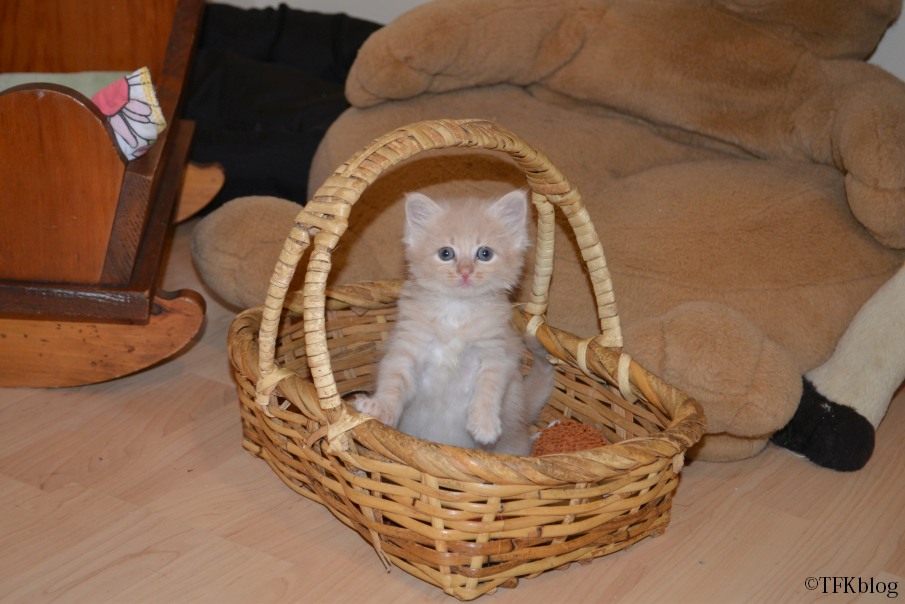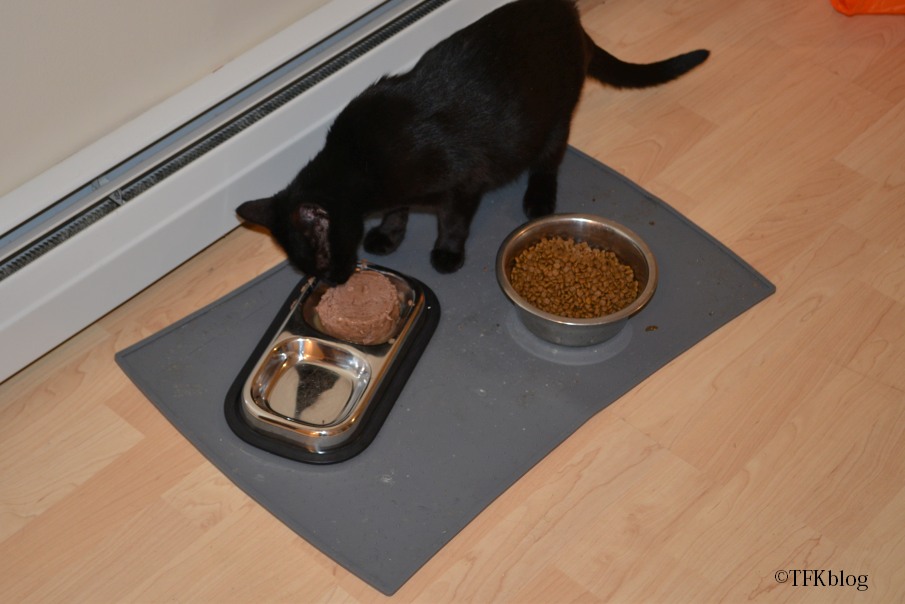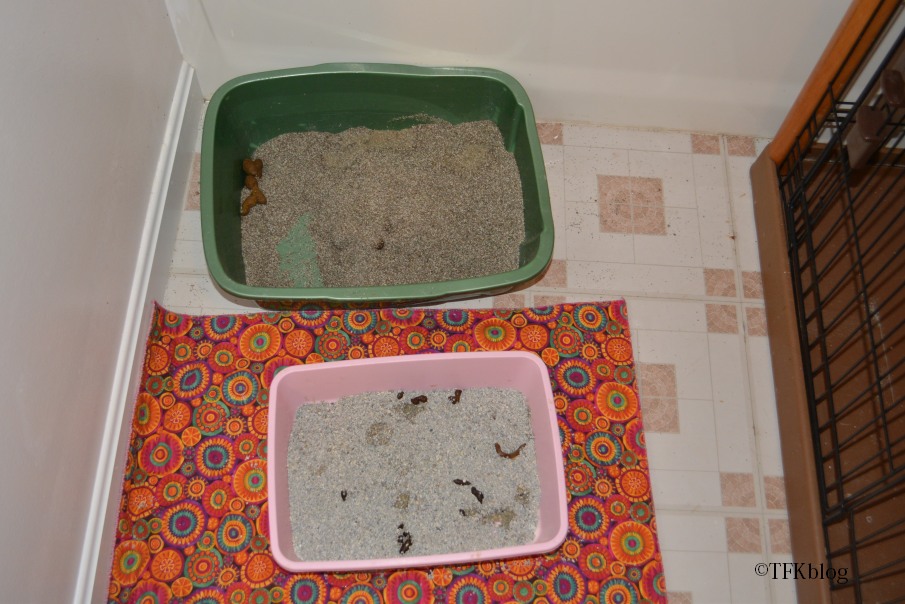When people who rescue kittens get together to swap 'war stories' several things come up over and over. Pumpkin for diarrhea,
Lysine for immune support, and Pedialyte for hydrating kittens with diarrhea.
For the past year or so there has been a huge warning against Pedialyte because someone realized that it has zinc in it and has declared that this is toxic to kittens. So now when someone mentions Pedialyte inevitably someone pipes up that you shouldn't use it because of this.
I first started hearing this with the caveat that they had recently changed their formula. I wrote to Abbott, the makers of Pedialyte and asked them directly if they had changed their formula recently and they told me they hadn't.
So, that part of the story was false, what else was false? Is there zinc in Pedialyte? Yes. According to the label, there is 7.8 mg per liter. According to the
Pedialyte website there is 2.8mg per 12 fluid ounces. This breaks down to 0.23mg of zinc per ounce or 0.0078mg per cc (or ml). When you are dealing with neonatal kittens you are usually giving it by the cc
So, those are impressively small numbers, but what exactly is the nutritional requirement of zinc for cats? Surely if someone was tossing around that this is toxic it must be an issue, right? Well, the minimum recommended daily amount of zinc for kittens (and it happens to be the same for adult cats as well) is 75 mg per kg. A one pound kitten is 0.45 kg so their minimum daily requirement is 33.75mg
Okay, fine, they seem to be able to handle getting up to 147 ounces, just over 18 cups - or two cups over a gallon - of Pedialyte before we start running into the zinc levels that reach the minimum requirement, but what about adding zinc to the food they are getting, surely there is all the zinc they need in whatever you are feeding, so would adding just a little more run into toxic levels??
Well, according to the AAFCO - that sets these guidelines,
the maximum zinc that should be fed a cat or kitten is 2,000 mg.
So, should we be worried about the zinc levels in Pedialyte when we are trying to hydrate kittens or cats. No. You are more likely to cause the kitten to die of water toxicity than zinc. Even oral electrolyte solutions that advertise having zinc in them still only have 7.8 mg per liter.
If you are still uncomfortable with it, you can totally make your own oral hydrating solution for far less money than Pedialyte. All you need is 1 quart water ¾ teaspoon table salt 2 tablespoons sugar. Some recipes add baking soda, using the same measurement as the amount of salt you are using.
Now, as always, I am not a vet, nor do I play one on the internet. I am sharing with you what I know, what I have learned and what I have read. You are encouraged to take this information and do additional reading on the matter, double check my math, or have a discussion with your vet.

